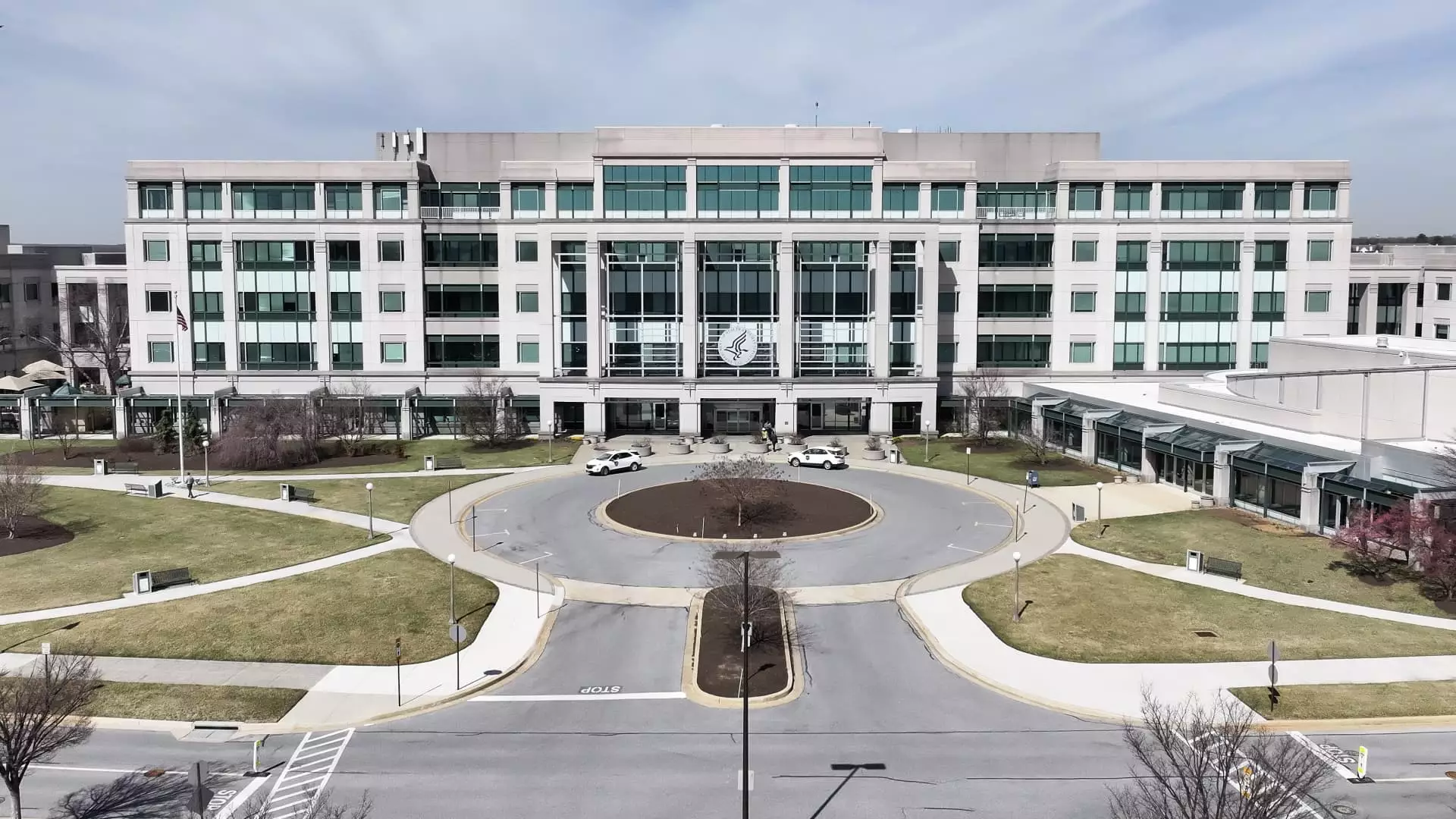The sweeping reorganization plan initiated by Robert F. Kennedy Jr. at the Centers for Medicare & Medicaid Services (CMS) marks a pivotal moment in the U.S. health administration, signaling a drastic blow to one of the most essential departments responsible for overseeing health insurance programs for over 160 million Americans. Announcing the layoffs that will amount to about 10,000 job losses across the Department of Health and Human Services (HHS), with approximately 300 directly from CMS, raises essential questions about the future of health equity and operational efficiency in public health.
While Kennedy’s approach aims to streamline the operations of HHS, it seems to disregard the potential ramifications of cutting jobs from critical offices, particularly the minority health office. By reducing resources in departments that work specifically to eradicate health disparities, Kennedy seems to be sacrificing not only efficiency but also a crucial commitment to equitable healthcare which was long established under both the Affordable Care Act and social justice initiatives. In times when health inequities are already stark and glaring, this decision raises ethical concerns about prioritizing fiscal austerity over comprehensive healthcare solutions.
Personal Anecdotes and Historical Context
In many ways, such actions echo the fraught history of governmental restructuring in times of crisis. For instance, during the HIV/AIDS epidemic of the 1980s, government agencies and officials faced backlash for not prioritizing public health needs. As we grapple with various health emergencies today, including the alarming uptick in measles cases and the resurgence of avian flu, one cannot help but draw parallels. Are we witnessing yet another episode where the political inclination towards budget cuts overshadows the emergent need for robust healthcare response mechanisms?
With Dr. Mehmet Oz—a figure previously known more for his controversial dietary endorsements—picking up the reins at CMS, one might question the qualifications and strategic direction under his leadership. Will this rebranding offer genuine reform, or merely unsubstantiated hype? Oz’s prior political ventures and celebrity status may not equate to the significant expertise required to navigate the complex web of health policies that directly impact the American populace’s well-being.
Operational Efficiency vs. Health Equity
In a discussion led by CMS acting Administrator Stephanie Carlton, the focus shifted to balancing efficiency with the agency’s mission. This duality is troublesome when steep cuts outbalance the moral obligation to provide comprehensive healthcare solutions. Health equity should not be a bargaining chip in the pursuit of efficiency. As Carlton acknowledged the cuts, she emphasized the painful closure of vital programs and personnel, all while hinting that “the painful part of those cuts is finished.” How comforting is that phrase in the context of ongoing public health challenges?
The minority health office, which aims to address health disparities across diverse populations, was notably affected by these cuts. This office has been instrumental in executing programs aimed at reducing chronic diseases and facilitating research—an undertaking that should remain intact and, if anything, be expanded given the disproportionate impact the COVID-19 pandemic has had on marginalized communities. Any movement to dismantle such an essential office under the guise of efficiency is counterproductive to the very mission of CMS and appears to be a cynical play against diversity, equity, and inclusion.
The Consequences of Gutting Health Services
As the U.S. continues to navigate complex health crises and potential outbreaks, the suspension of crucial roles at the FDA to refine bird flu testing symbolizes a chilling trend. The reluctance to invest in key health initiatives not only compromises immediate needs but also undermines the long-term stability of the healthcare system. Reducing the workforce at agencies directly responsible for monitoring and controlling diseases jeopardizes the nation’s health readiness.
Kennedy’s pledge of “mistakes will be made” in his sweeping restructuring plan is a concerning admission. When it comes to public health, there is little room for error. While some operational redundancy may warrant attention, dismantling offices that are crucial for reducing health disparities is an act of negligence.
In spirit, this current administration could engage in a more constructive exercise by not only retaining but potentially expanding the workforce and responsibilities of the minority health office. The opportunity lies in reshaping CMS’s narrative—not as a budget-cutter but as a pioneering force in improving public health and health equity. Instead, the current wave of layoffs signifies a retreat from these values, creating a state of flux that could have profound, long-lasting implications for the healthcare system at large.

